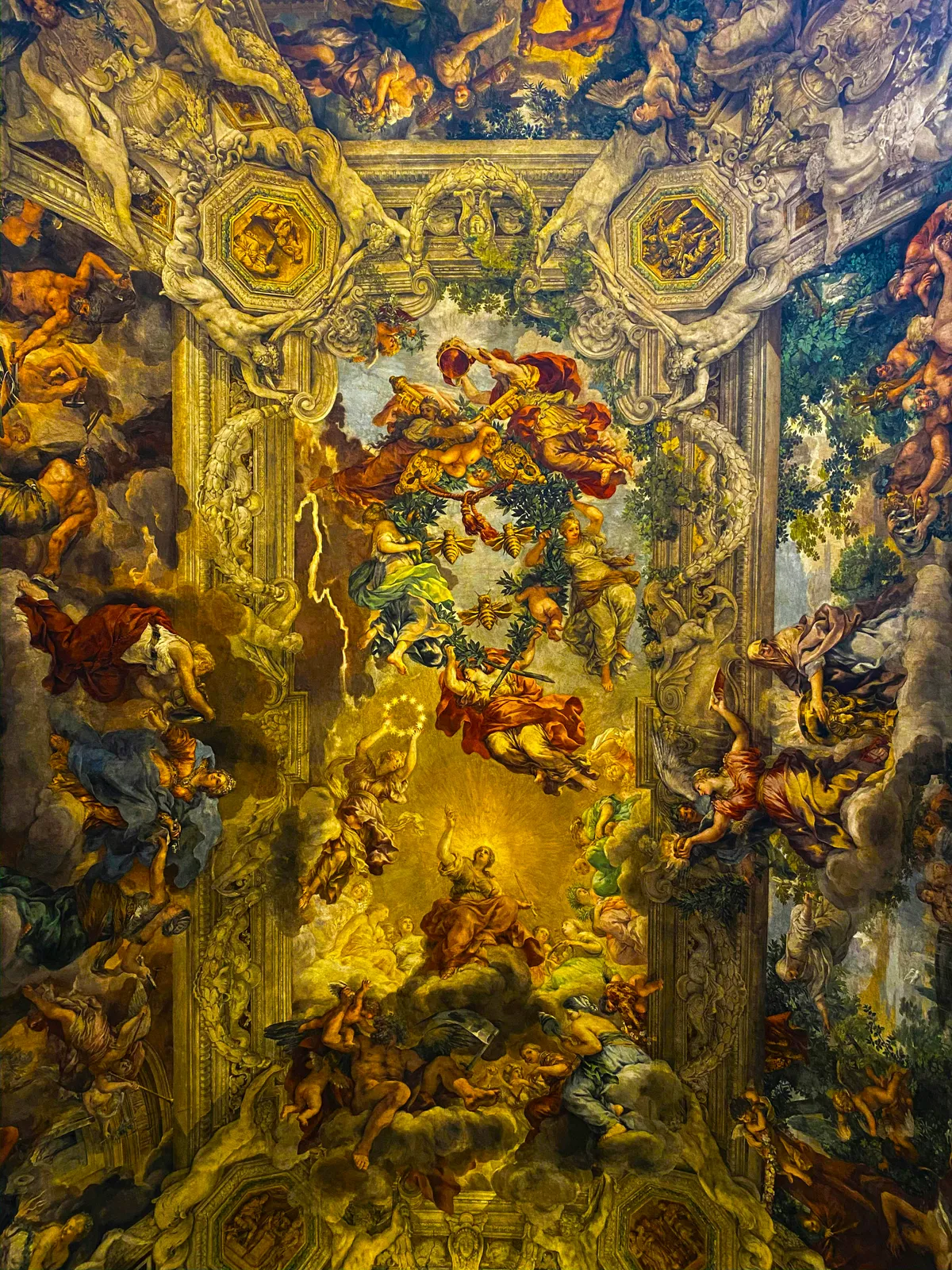The Dream That Changed Modern Science
Mendeleev's revelation about the building blocks of the universe
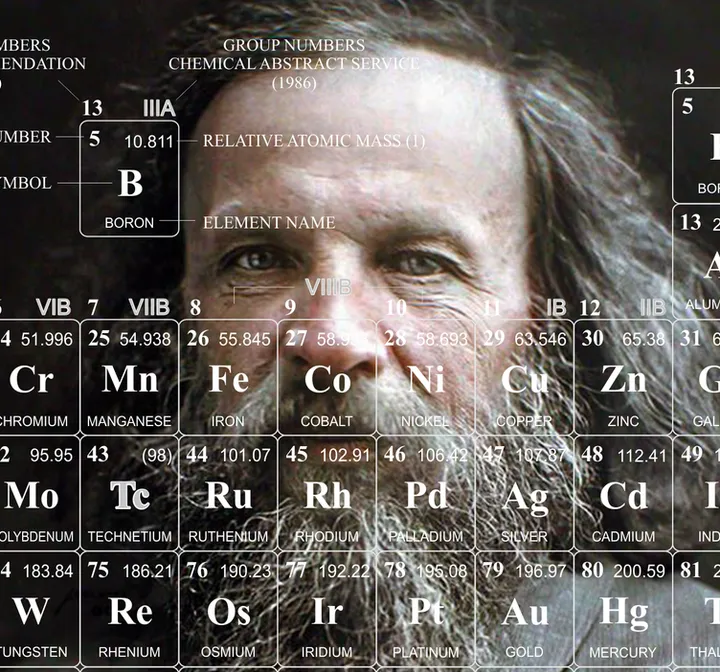
Dreams are strange.
Are they random hallucinations? Guidance from the Divine? Programs running in the Simulation?
It's unclear.
Occasionally, there's a slumber that really makes one scratch their head. Mendeleev's slumber was one of these. The visions that came to him shifted Western Civilization — and the world — into an alternative scientific paradigm.
His mystifying experience will instill a desire in you to start paying more attention to your own dreams and their elusive power...
Reminder: you can support us and get tons of members-only content for a few dollars per month 👇
- Two new, full-length articles every single week
- Access the entire archive of useful knowledge that built the West
- Get actionable principles from history to help navigate modernity
- Support independent, educational content that reaches millions
Pre-dream
In 1869, Dmitri Mendeleev was an eccentric professor at Saint Petersburg University — only shaving his beard once a year. Known for disregarding societal norms, he was perhaps the perfect candidate to make a major breakthrough in the growing field of chemistry, where established tradition was virtually nonexistent.
At this time, chemistry was a rapidly evolving field, and the discovery of new elements outpaced scientists’ ability to come to grips with them. Researchers lacked any way of organizing the substances.
63 elements were known, each with distinct properties, yet no universal framework existed to explain their relationships or predict the existence of others. Chemists like John Newlands proposed early classification systems, such as the Law of Octaves, but these were incomplete and often dismissed.
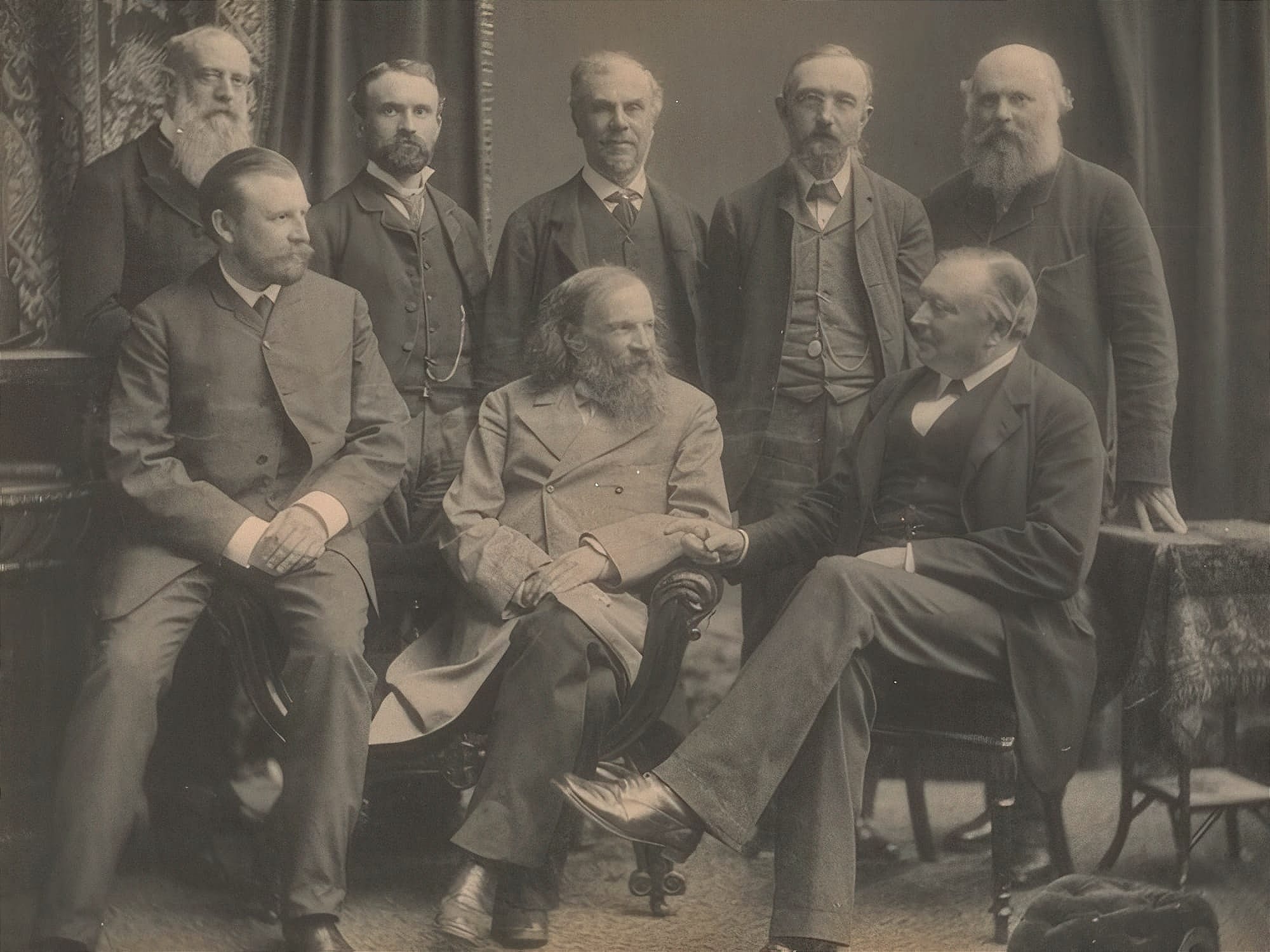
Mendeleev was deeply engaged in this challenge, however. While writing his textbook, Principles of Chemistry, he sought a logical way to present the elements to his students. His goal was not only pedagogical but also scientific: to uncover a natural order that governed the universe’s building blocks.
This quest consumed his waking hours, but the odd professor eventually made a breakthrough in an unorthodox fashion…
Solitaire
Mendeleev’s approach to organizing the elements was both methodical and imaginative. Drawing inspiration from the card game solitaire, where cards are arranged horizontally according to suit and vertically by number. Creating a set of 63 cards, each representing one element, he inscribed critical data like atomic weights and chemical properties onto them, hoping to reveal patterns by arranging them in various configurations.
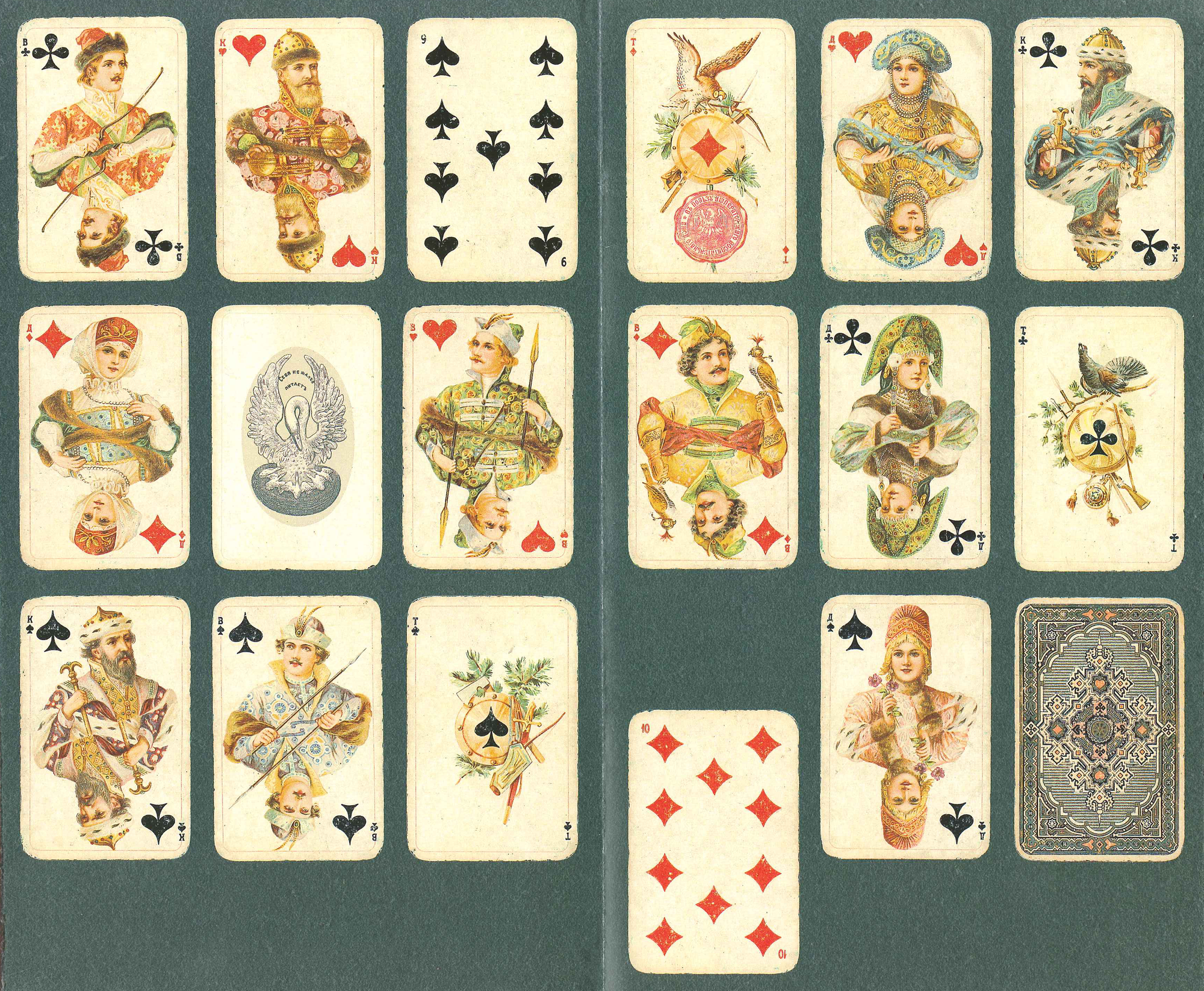
For days, Mendeleev shuffled and reshuffled these cards, searching for a structure that would align elements with similar properties. He carried the cards with him wherever he went.
Eventually, he noticed that, when ordered by increasing atomic weight, certain properties appeared to repeat at regular intervals — a phenomenon he would later term “periodicity.” But inconsistencies and gaps in the sequence frustrated his efforts.
Despite these challenges, Mendeleev’s intuition told him he was close to a breakthrough, and pressed on with unwavering determination.
The Dream
On February 17, 1869 Mendeleev spent the day like any other, arranging his element cards, trying to discern the elusive pattern. By evening he was exhausted and fell asleep at his desk, his mind still wrestling with the problem.
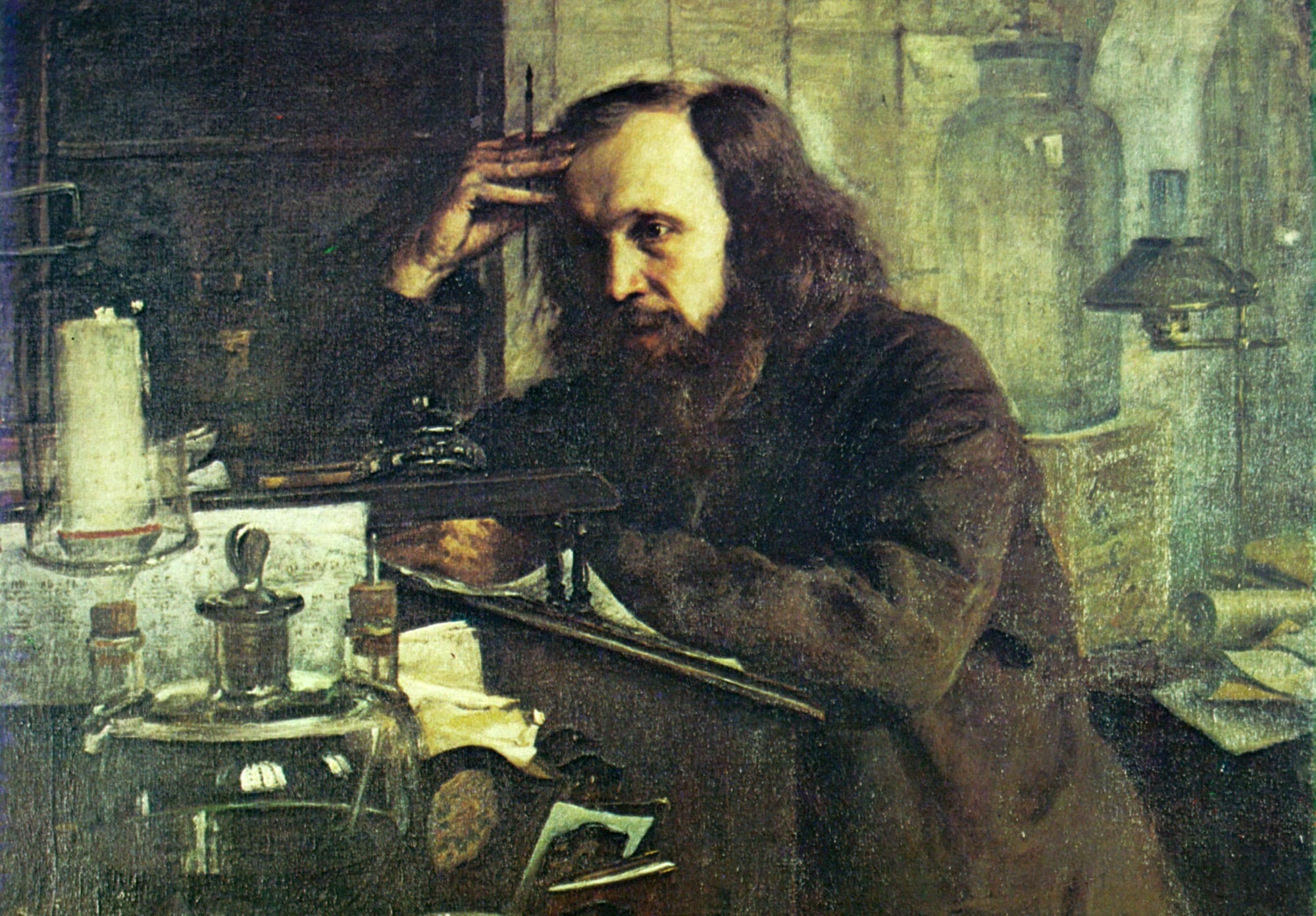
It was during this rest that Mendeleev experienced a dream that would alter the course of scientific history. In his own words, he recalled:
“I saw in a dream a table where all the elements fell into place as required. Awakening, I immediately wrote it down on a piece of paper.”
In this dream, the elements were arranged in a grid, with rows and columns that grouped them by their properties, revealing the periodic law that governs their behavior. It was a dream that changed everything...
Some historians question the dream’s exact role, suggesting Mendeleev had already developed a draft of the table before February 1869.
Keep reading with a 7-day free trial
Subscribe to Atlas Press to keep reading this post and get 7 days of free access to the full post archives.
Already have an account? Sign in


